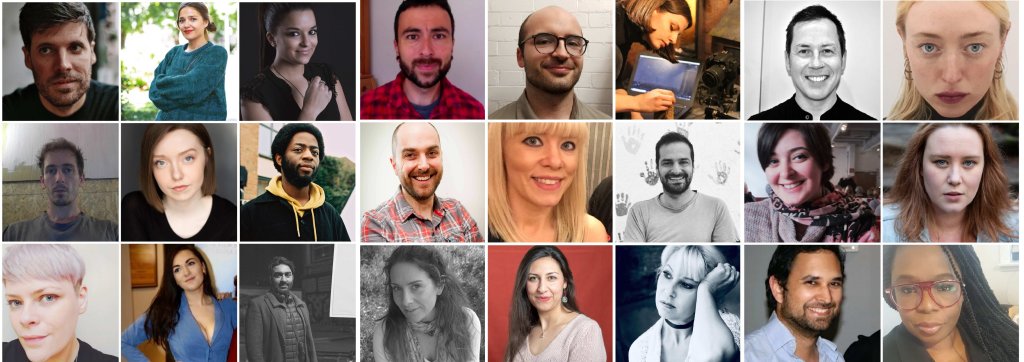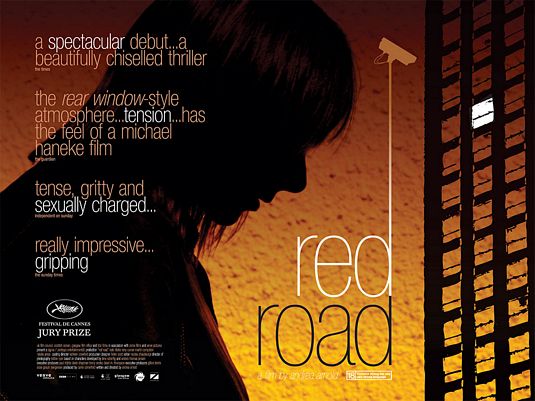This year there were a lot of applications made, a lot of writing undertaken, and many ideas put out there. From that were returned some opportunities that have proved really valuable.
EIFF Talent Lab
In August I was selected as one of the participants in the Edinburgh Int. Film Festival Talent Lab. Over the course of two weekends together we heard from industry professionals, drawn from writing, directing, producing, casting. It was intensive and it felt like I learned more about the film industry in those two weekends than I have all year. Really lucky and grateful to have been a part of it.
The full participant list:
Roisin Agnew, Catriona McNicoll, Morna Pearson, Dipo Baruwa-Etti, Mike Callaghan, Eleanor Capaldi, Toby Fell-Holden, Rebekah Fortune, Sarah Grant, Jack King, Josephine Lohoar Self, Ciaran Lyons, Razan Madhoon, Iqbal Mohammed, Eric Romero, Victoria Thomas, Reece Cargan, Chloe Chudasama, Emily Everdee, Rachel Gold, Jamie MacDonald, Nick Rowell, Annika Ranin, Sanam Soleimany

New Talent Mentorship
I was lucky enough to be selected for the Glasgow Film Festival’s New Talent Mentorship programme, paired with filmmaker Siri Rødnes (Take Your Partners, Shetland). Over the next 6 months there will be an opportunity to develop my writing, learn more about the industry and find out any useful advice and support that Siri can give. When everything still feels so new and opaque in places, a bit of a guidance through it all is very welcome.
Thanks to Emma and all colleagues at GFF for this opportunity, and to MUBI, in association with ScreenSkills as part of the BFI Future Film Skills Programme, using Funds from the National Lottery.
Full mentee list: Eleanor Capaldi, Alice Cornelia, Bjorn Hanson, Jennifer Heaton, Catriona MacLeod, Paul Sng, Joanne Thomson, Scar Ward.
Round up
Through 2020 – 2021 I’ve been mostly trying to get through this wild ride of the pandemic like everyone else, focusing on writing rather than production for the moment. My last short from the before times, Glue, was nominated for Best of British at Queer Vision Film Festival, in association with Iris Prize and Encounters Film Fest in 2020. Having been accepted into Roze FilmDagen fest in 2020 it received an in person screening in the Netherlands this year. You can see the trailer below.
I’ve been taking part in story development workshops with GMAC, which has provided opportunity to explore ideas and try things out. I was admitted to the RADA Summer Course ‘Taking Text Apart’, which gave me the chance to approach writing from a different perspective and spend some time with Beckett, Checkhov, and Shakespeare.
Thinking of heading into the New Year, while there is most of the mentorship still to go, various opportunities to apply for and numerous ideas in the works, the pandemic has reinforced a sense of wariness, as there’s so much uncertainty. That said, all being well, I’m going to keep working on it all, and hopefully have something to show.
There are lots of people who help you along the way, even at this fledgling stage, and for anyone who’s read a draft, given me feedback, encouraged me when I wondered what on earth I’m doing (and why!) – thanks.
Take care, rest well.
Image Credit: Reflection Room by Flynn Talbot. Photo by E Sumner

